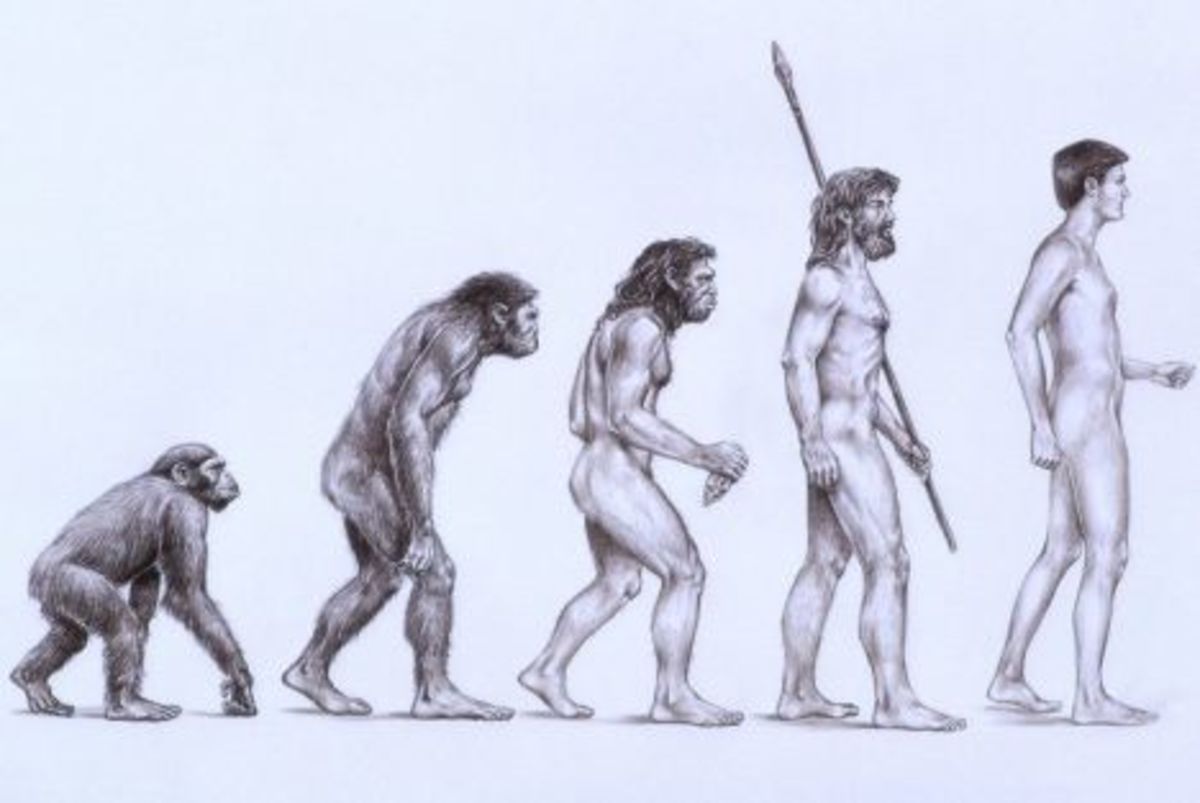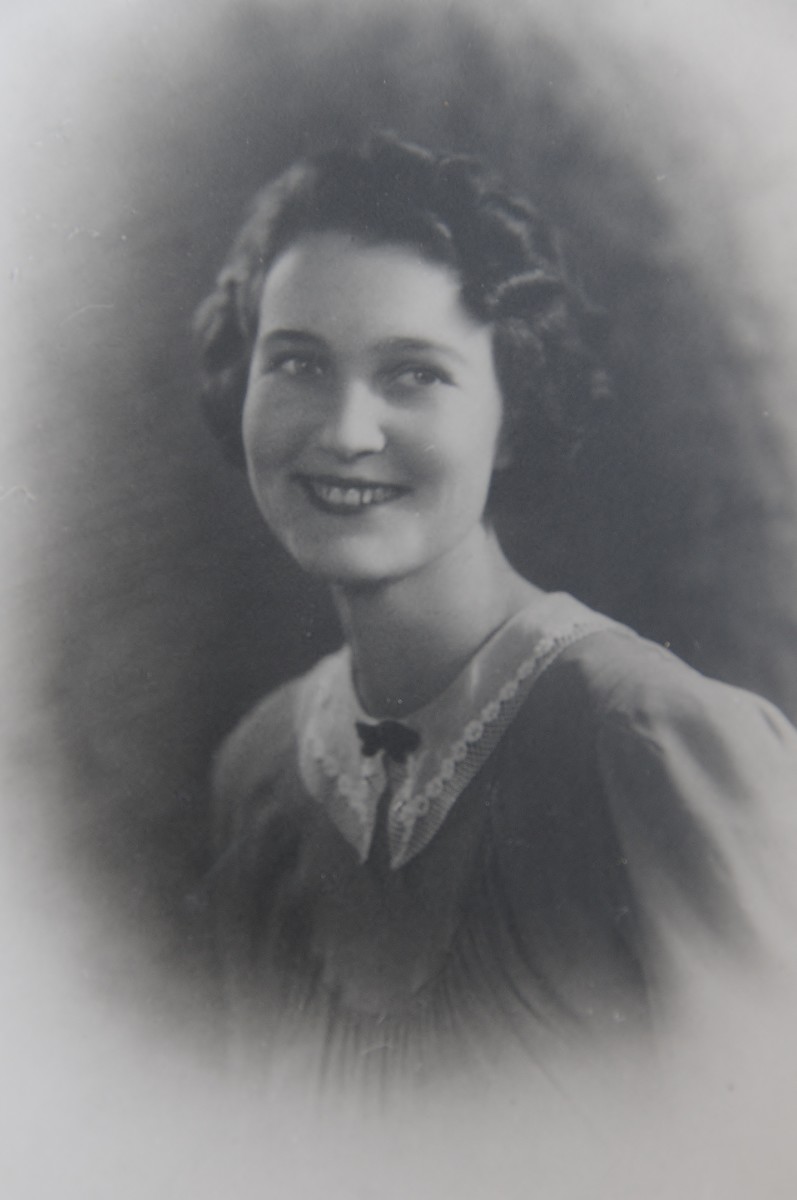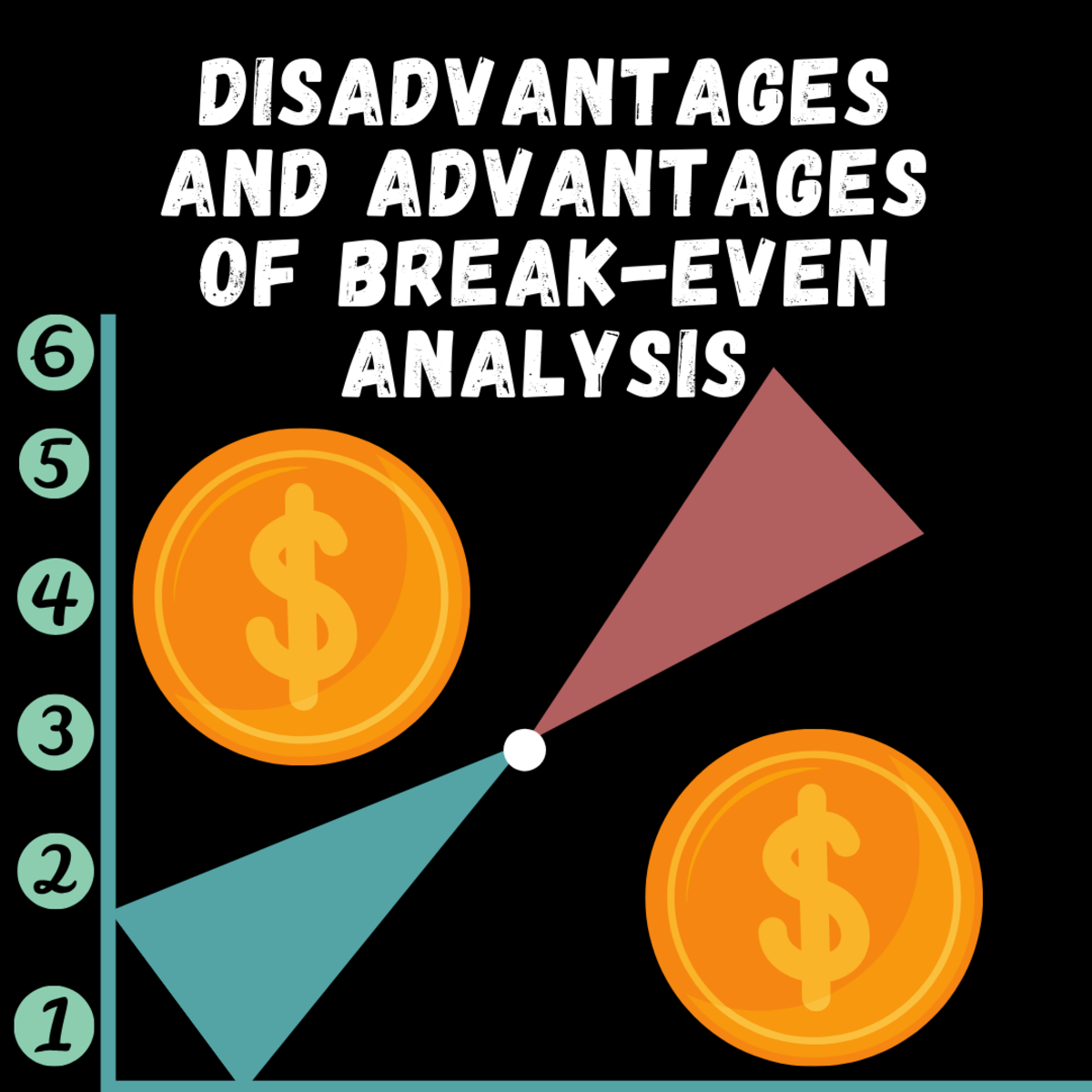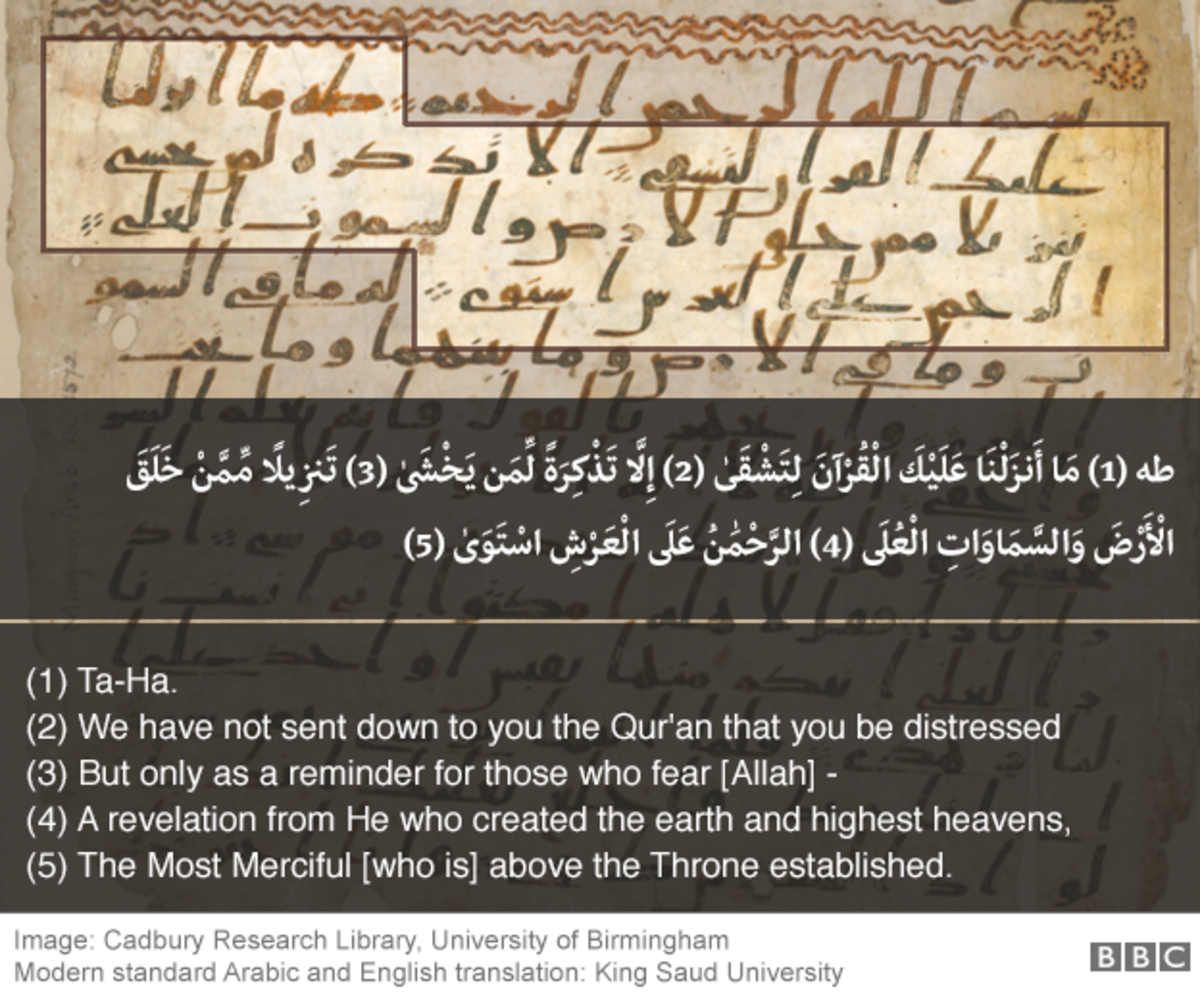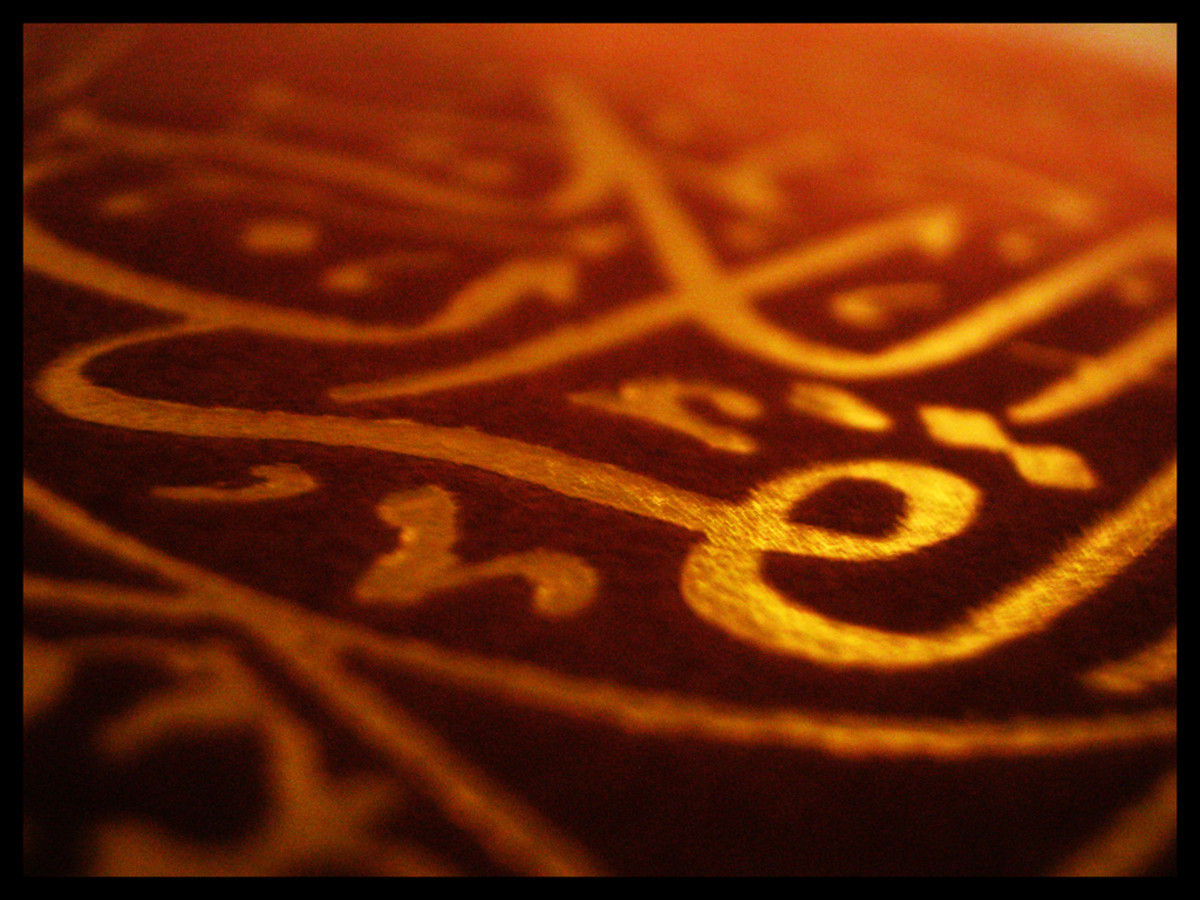Women Were Marginalized Under the Islamic Law of Inheritance? You Must Be Kidding

Every now and then, one comes across or hears about the issue of marginalization of women especially among those living in non-Muslim countries. There appears to be a total misconception among many non-Muslims when it comes to the role and place of women in the Islamic circle. One such misconception is the allegation that women are marginalized, particularly, concerning the distribution of inheritance. One may be surprised to learn that, contrary to what many suppose, if anything, it was in reality men who are marginalized in this matter.
Of course, one can only make this allegation by overlooking the status of women during the Jahiliyya era (i.e., the period of ignorance) among the Arabs prior to the revelation of the Qur’an. In those days, not only were women marginalized, but they were in fact considered part of the property to be inherited, assuming they were allowed to live at all. Thus, the revelation of the Qur’an in the 7th century CE has ushered in a new era of utter freedom and blissfulness for women back then and today.
However, despite this welcoming development, to this day, there are some who still insist that women’s role in Islam was somehow less than standard especially in matters of inheritance. But the fact is, those who make such a claim are hitting the nail in the wrong coffin. Since a woman’s share is less than that of a man, so they argued, then this is clearly an injustice. By so arguing, they simplistically overlooked the fact that is central to the whole issue, which is the root of the whole misconception. In this short article, I intend to show the exact coffin where the nail should have been hit.
First of all, let’s take a brief look at Islam's law of inheritance using a case of a man who died leaving a sum of $10,000 in his possession which is sharable among his inheritors, that is, of course, after deducting his debt(s) and bequest. Let’s assume he died leaving (1) a mother, (2) one wife, (3) two male children and (4) two female children. This means that a total number of six people are entitled to the $10,000 he left. How do they share it?
By virtue of verse 11 of the 4th Chapter of the noble Qur’an, first, his mother will be given one-sixth of the money: 1/6 x 10,000 = 1,666.67. This means his mother inherits $1,666.67 which is 16.67% of the total money her son left. Then his wife gets one-eighth of the money: 1/8 x 10,000 = 1,250, which means that his wife inherits $1,250 which is 12.50% of the total money her husband left. Therefore, altogether, his mother and his wife share 1,666.67 + 1,250 = $2,916.67 which is 29.17% of the total money.
So, we are now left with $10,000 – $2,916.67 = $7,083.33 (70.83%) which will be shared among his four children. Since Qur’an says a male share shall be equal to the share of two females, this means the two males will share two-third of $7,083.33 while the two females will share one-third of the same amount. In view of this then, 2/3 x 7,083.33 = $4,722.22 will be shared "equally" among the two males, which also means that each of them gets $2,361.11 (23.61%). On the other hand, 1/3 x 7,083.33 = $2,361.11 (which is equal to a share of one male) will be shared "equally" among the two females, which means that each of them gets $1,180.56 (11.81%).
Now, altogether, the heirs inherit the following: mother ($1,666.67), wife ($1,250), male A ($2,361.11), male B ($2,361.11), female A ($1,180.56) and female B ($1,180.56). The sum of all these figures equals $10,000 which is left by the deceased. However, as magnificent and as impressive as this distribution looks, the claim that women were marginalized was only provoked as the fact still remains, a woman’s share is less than that of a man.
While on the surface, such allegation may seem to have some merit, owing to the fact that the Qur’an has been unequivocal in stating that the share of one male must be equal to that of two females, that was the wrong accusation to make. Guess where the right accusation should be targeted? Not in the Qur’an.
From all indications, those who object to this divine ruling, appear to have based their criticism of this divine judgment on the premise that men and women are equal in every respect and therefore should be treated as such. While it is true that men and women were equal in many aspects which is also endorsed by the Qur’an, there are some instances that one must rule over another.
For instance, in Genesis 3:16, after the temptation in the garden, God says to Eve "[your husband] shall rule over you," which parallels verse 34 of the 4th chapter of the Qur’an (the same chapter which relates the law of inheritance), which says "[m]en are in charge of women by [right of] what Allah has given one over the other and what they spend [for maintenance] from their wealth."
As can be seen, the whole thing originated from how God initiated mankind’s pattern of survival from the very beginning. With this understanding, it becomes crystal clear why God Almighty would give such an injunction concerning how estate left by an individual should be distributed among his/her heirs in a given household.
Despite all this, however, those who raise the initial argument will still miss the obvious implication and take a firm stand and insist that women should be given equal share with men. Those who propose this argument seem to be oblivious of the fact that the share given to women is only less than those of men when viewed in absolute terms rather than in relative terms. This deserves some enhancement, doesn’t it?
If, as God says, men shall rule over the women (Bible), or that men are in charge of the women (Qur’an), then this can only mean that men were appointed to be the caretaker of and to rule over women in all spheres of life. This further implies that a woman throughout her life, as far as the scriptures are concerned, will be under the guardianship of a man, not to be his slave in any way. The man is expected to cater to all her needs in every way he can.
Buttressing this further will only show that, contrary to what many assume, a woman’s share is actually more than a man’s share. Let’s look at the hypothetical household of the deceased man we read earlier. Readers will recall that both the two male children inherited $2,361.11 each. Now, (a) their grandmother who inherited a sum of $1,666.67, (b) their mother who inherited a sum of $1,250 and (c) their two sisters who inherited a sum of $2,361.11 are all under the care of those two males because God says “men are in charge of women.”
If the two males have not attained the age of maturity, their mother will be the one controlling their share until they grow up. In other words, she should have a final say in what happens to the money. And since under Islamic law, 1/40 (2.5%) of a certain amount of money saved for full 12 Islamic calendar months must be given out to the poor as alms, their mother is not only expected to keep the children’s share until they grow up, she is expected to invest it so that the annual alms deduction will not eat away the children’s share of inheritance by the time they attain full age. Can you now see who benefits more out of the total inheritance? Contrary to what many think, the “marginalized” woman is now controlling more than 80% of the total money her deceased husband left. Never mind granny’s share.
So, what if we take a turn? I mean, what if the two males have already attained full age by the time their father died? Everything is on their shoulder. And don’t even think they will just approach their mother and say “hey mum, our expense sheet is growing fast, let’s have those.” No! Her money is and will always be her money and it is their responsibility to care for not only her but for their two unwed sisters as well from their own share because God said: “men are in charge of women.” That’s what being in charge denotes. Can you guess where the first place the guys would go if they run out of cash? You guess it right, to the “marginalized” women. By the way, can you even begin to imagine how it would have been if God had said in one place, men and women shall have an equal share of inheritance after He had appointed men in charge of women in another? It would have been too much for the men.
It doesn’t end there. The responsibility of giving away the two sisters in marriage is entirely on the men. And don’t forget, after getting married, the two sisters are walking away with their share of inheritance to their matrimonial homes where their husbands will also take care of them from their own hard-earned money and not from the women’s share of the inheritance because God said “men are in charge of women.”
In Islam, women are always under the care of someone – a man. When she is a young girl, her father or her brother is her guardian. When she gets married, her husband is her guardian. When she grew old, her son is her guardian. In all cases, she is not expected to go out and suffer and earn her money the hard way for a living. That’s the kind of freedom Islam gives her which she was denied of prior to the revelation of the Qur’an. The Qur’an does not accommodate the idea that gender equally necessitates a woman to be equal with a man in every respect without exception.
As we have seen, the allegation that women are marginalized and are deprived of their rightful share of inheritance was born out of a simple misconception. From this perspective, the right question to ask should not have been why a woman’s share is less than that of a man, but rather, why would God declare that men shall rule over women or that men are in charge of women? Whoever ask this question, if they are believers in God, would have to take it up with God as He imposed this rule Himself as early as when there were only two people in the world.
This, however, should never be construed to mean that God favors man over woman as He clearly made it clear in the Qur’an 49:13 that we are all equal before Him and that the only one better is he who fears Him more than others irrespective of gender, race, tribe, etc. In a word, as far as the Qur’an is concerned, righteousness, not gender, is the standards by which God measures who is better than who in His eyes.
O mankind, indeed We have created you from male and female
and made you peoples and tribes that you may know one
another. Indeed, the most noble of you in the sight of Allah is
the most righteous of you. Indeed, Allah is Knowing and
Acquainted. (Qur’an 49:13)

